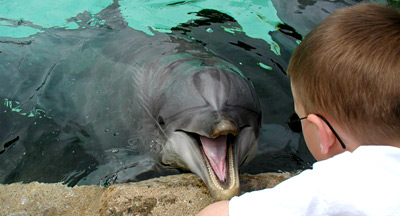2. Talking about ability.
Here are the sentences from the previous exercise. Put the words and expressions connected with ability in the box.
3. Grammar casino.
This is a game where you can bet on sentences being correct or not.
- You start with 20 points.
- Decide how many points you want to bet.
- When you are correct, you win double the points.
- When you are incorrect, you lose the points.
How many points can you win?
4. Ways of expressing ability.

Complete the second sentence so that it has the same meaning as the first.
5. Ways of expressing ability.
Complete these sentences by typing in an appropriate expression from exercise 3. The first letter of each missing word is given.
6. Ways of expressing ability.
Can you remember the sentences from the previous exercise? Say and record the sentences, including the missing words.
6. Practice: Ways of expressing ability.
Play the sentence casino game. Are the sentences grammatically correct or incorrect?
- You start with 20 points.
- Decide how many points you want to bet.
- When you are correct, you win double the points.
- When you are incorrect, you lose the points.
How many points can you win?
7. Verb pattern: verb + noun + infinitive with to.
The following verbs follow the same pattern and have a similar meaning:
- enable
- equip
- stimulate
- motivate
- inspire
- influence
Change the following sentences to make new sentences using the verbs in brackets.
For example:
Thanks to the dolphins, he spoke. (enable)
The dolphins enabled him to speak.
8. Non-finite clauses.
- Having tried various speech therapists with no success, the boy's family raised £10,500.
This is similar in meaning to:
- Because they had tried various speech therapists with no success, the boy's family raised £10,500.
Note the non-finite clause beginning with having + participle often indicates that the second event was a result of the first.
To negate a non-finite clause of this type, use not:
- Not having had enough oxygen at birth, Nikki had learning difficulties.
Rewrite the following sentences by changing the finite clause in bold into a non-finite clause.
For example:
Because he had swum with the dolphins, Nikki learned to speak.
Having swum with the dolphins, Nikki learned to speak.
